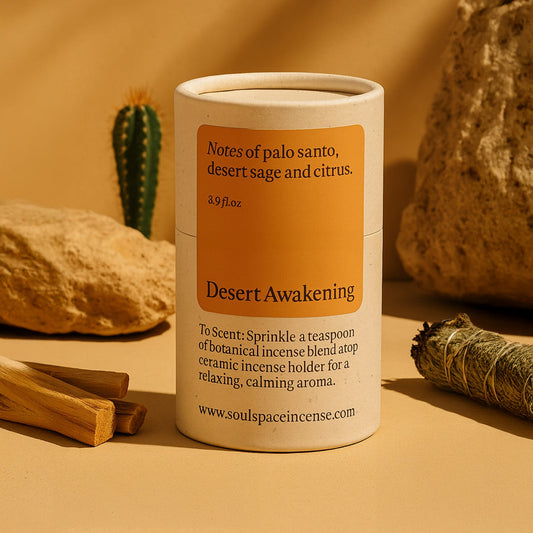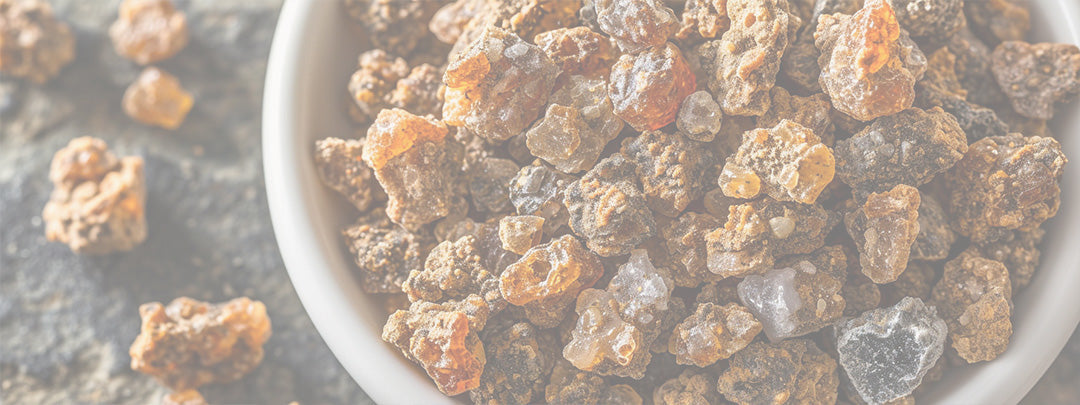
Myrrh
History
Dating back to ancient times, Myrrh has been appreciated for its unique aromatic and therapeutic qualities. Considered a sacred gift, myrrh was a critical part of rituals and ceremonies in ancient civilizations such as Egypt, Rome, and Greece. Not just a fragrant resin, Myrrh held a place of high honor in early civilizations. It was more valuable than gold in ancient Egypt, used not only in rituals and ceremonies, but also in the embalming process, testament to its preserving properties. In Greece and Rome, it was considered a healthful additive in wine, a mark of its healing potential.
Benefits
Myrrh has been a staple in traditional health practices around the globe. Its potent properties are said to stimulate the limbic system—the emotional core of the brain—promoting relaxation and emotional balance. Studies have indicated that the aroma of myrrh can help alleviate feelings of stress and anxiety, and can create a tranquil and peaceful environment.
Just as Frankincense is traditionally considered masculine, Myrrh, with its sweet, smoky and slightly bitter aroma, is thought of as the feminine counterpart. It's used in meditation practices to ground energy, inspire tranquility, and cultivate a sense of inner peace. Its deeply resonant scent invites introspection and spiritual clarity, helping to clear negative energies and support emotional healing.
Our Myrrh
At Soul Space, we source a fresh and fragrant Myrrh from Ethiopia. With fair trade practices embedded in its resin trade, Ethiopia supports ethical sourcing of Myrrh through government-regulated pricing and sustainability initiatives such as training harvesters in responsible tapping methods and establishing tree nurseries in resin-harvesting regions. Our myrrh from the Ogaden region of Ethiopia is renowned for its high quality, rich aroma and potent properties. When warmed on a ceramic incense holder, the aromatic Myrrh resin releases a slightly sweet, smoky, and woody scent. It takes a substantial amount of raw myrrh resin to produce its essential oil, making the burning of resin a mindful and more sustainable practice.
Experience Myrrh in:
-
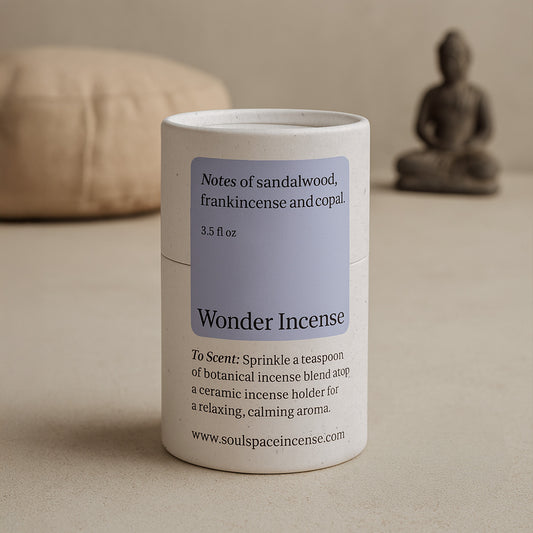 Grounding
GroundingWonder Incense | Frankincense & Myrrh
Regular price $25.00 USDRegular priceUnit price / per -
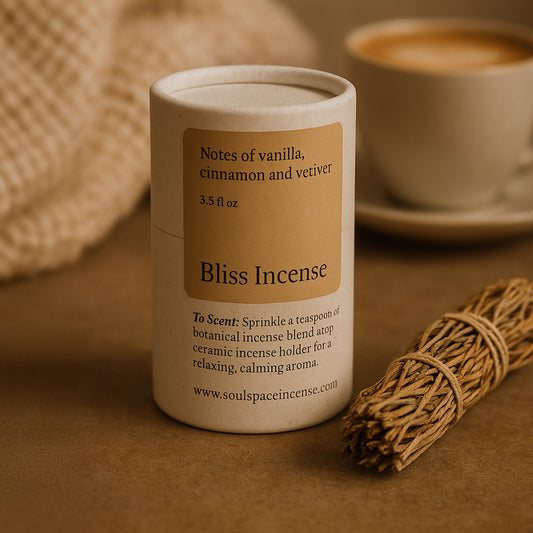 Comforting
ComfortingBliss Incense | Vanilla & Opopanax
Regular price $25.00 USDRegular priceUnit price / per -
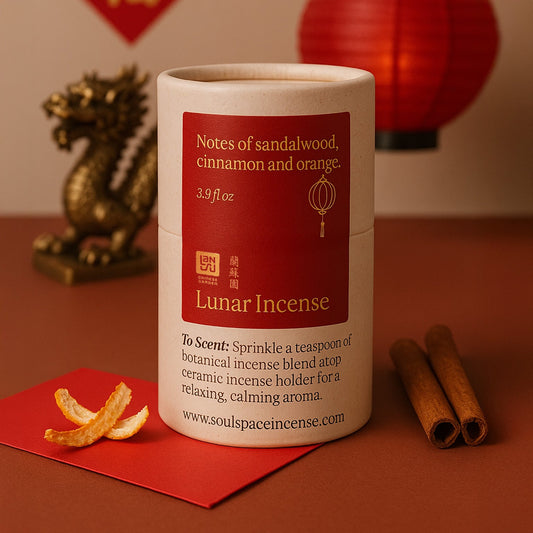 Celebratory
CelebratoryLunar Incense | Sandalwood, Cinnamon & Orange
Regular price $25.00 USDRegular priceUnit price / per -
Desert Awakening | Palo Santo, Desert Sage & Citrus
Regular price $25.00 USDRegular priceUnit price / per




